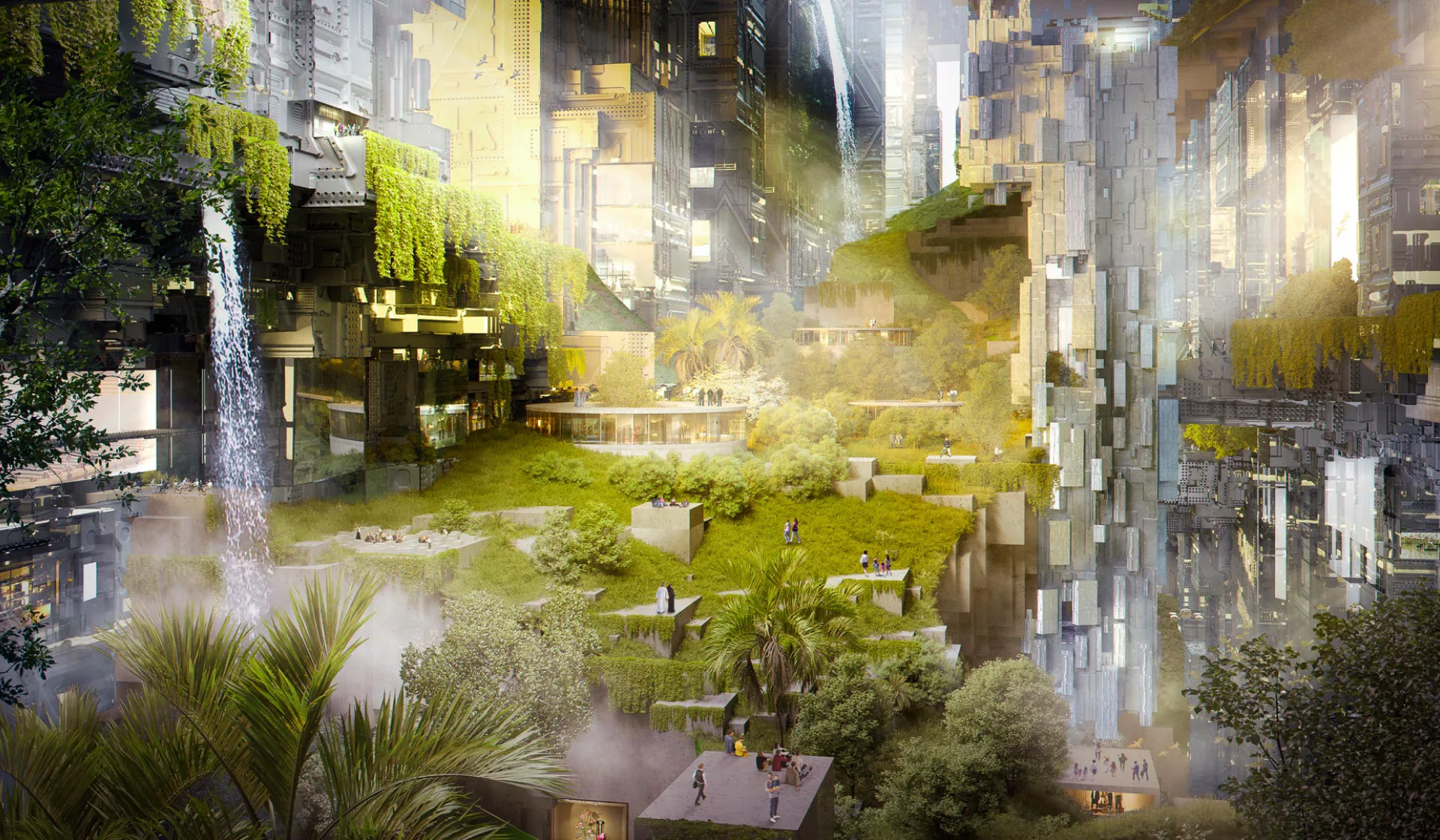
Client
NEOM, THE LINE
Location
Tabuk Region, KSA
Description
THE LINE is a transformative urban development project, designed as a linear smart city spanning 170 kilometers from the NEOM mountains to the Red Sea. This innovative city, towering 500 meters above sea level and 200 meters wide, reimagines urban living with no cars, streets, or carbon emissions. It blends seamlessly into the landscape with its mirrored architecture.
Context
THE LINE not only meets its visionary objectives but also sets a new global standard for sustainable urban living. The challenge lies in integrating cutting-edge technology with sustainable practices, all while maintaining a focus on human-centric design. This makes the services crucial for the project's success, as they will help navigate the complexities of such an innovative development and ensure its viability and effectiveness for future generations.
Services
THE LINE Asset Servicing Needs
Asset Functional Diagrams
Asset Whole-Life Servicing Needs
THE LINE City Servicing Provision
Operations & Servicing Resource-Process Map • Catalogue of City Operational Scenarios
City Operations & Servicing Criteria
Baseline City Operations & Servicing Strategy
Our Value
THE LINE represents an ambitious convergence of vision, sustainability, innovation, and a reimagined urban lifestyle, all aimed at creating a pioneering model for future cities.
The primary focus is on translating the ambitious vision of THE LINE into a tangible reality.
Sustainability and Innovation Integration: A pivotal aspect of THE LINE is the integration of cutting-edge
technology with sustainable practices.
The project acknowledges the complexities involved in integrating various solutions within a unique urban
setting.
Strategic planning and operational management are key to the project's long-term success.
To achieve these overarching goals, the project incorporates several strategic initiatives:
A thorough analysis and documentation of asset servicing needs are vital for maintaining the longevity and optimal functionality of all infrastructure components.
Developing detailed city servicing provisions, including operational scenarios and criteria, is crucial for creating an efficient, sustainable urban living environment.
Formulating a foundational strategy for city operations and servicing is key. This strategy will incorporate innovative methodologies, setting a benchmark for future smart city developments.


